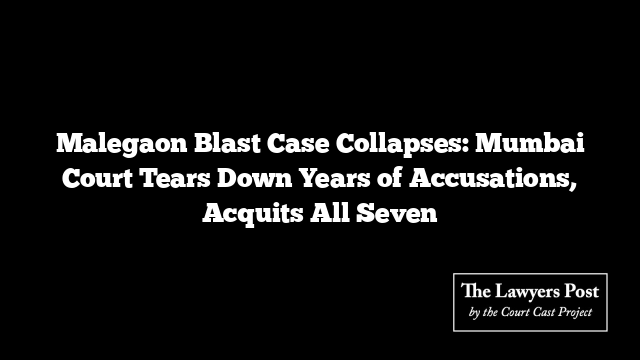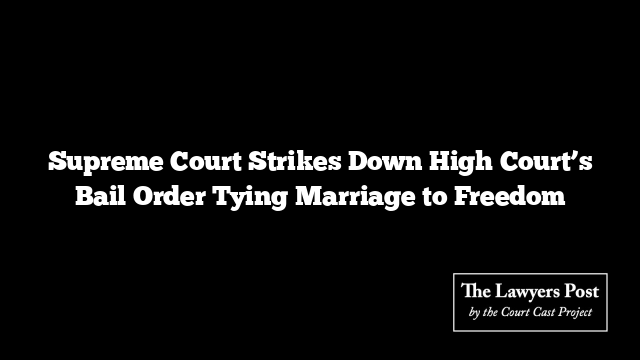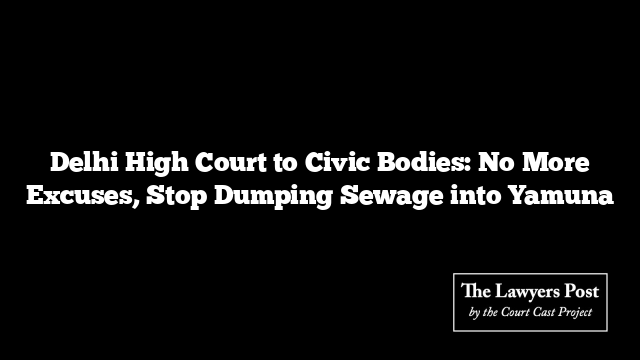In a judgment that effectively dismantles one of India’s most controversial terror cases, a Mumbai special court has acquitted all seven accused in the 2008 Malegaon bomb blast, citing a litany of flaws, contradictions, and procedural blunders in the prosecution’s case.
Among those cleared: former BJP MP Pragya Singh Thakur and Lieutenant Colonel Prasad Purohit, once branded the faces of so-called “Hindutva terror.” The September 29 blast had killed six people and injured more than 100 in the communally sensitive town of Malegaon, Maharashtra.
Years of Allegations, No Substance
Special Judge AK Lahoti’s judgment delivered a withering indictment of the prosecution’s handling of the case. Charges under a sweeping range of laws—including conspiracy, terrorism, murder, attempted murder, and possession of explosives—were found to rest on “material inconsistencies,” “unreliable witnesses,” and what the court called a “failure to establish guilt beyond reasonable doubt.”
A Closer Look: What Went Wrong, Accused by Accused
Pragya Singh Thakur: The Motorcycle That Never Spoke
Thakur was accused of providing the LML Freedom motorcycle allegedly used to plant the bomb. But the court found no solid link between her and the damaged two-wheeler.
- The bike’s chassis and engine numbers were only partially recovered.
- She had renounced worldly possessions years earlier.
- Investigators themselves noted the vehicle was with absconding accused Ramji Kalsangra.
- Bomb placement on the motorcycle was labeled speculative “guess work,” not backed by forensic certainty.
Even meetings she was alleged to have attended—where the conspiracy was supposedly crafted—had witnesses who retracted or said they were coerced. Ultimately, even the NIA dropped charges against her in a later filing.
Ramesh Shivji Upadhyaya: A Laptop Without a Chain of Custody
Accused of digital involvement in the conspiracy, the retired Major was said to possess incriminating data. But:
- His laptop wasn’t sealed or opened properly during seizure.
- The voice matching analysis lacked legal certification.
- Electronic evidence was ruled inadmissible due to missing Section 65B certification.
- Intercepted call records? Improperly certified, and key officials weren’t brought to testify.
Sameer Kulkarni: No Hall Booked, No Proof of Message
Dubbed the logistics man, Kulkarni was accused of arranging meetings and sending incriminating texts.
- The hall he allegedly booked in Bhopal? The manager didn’t recognize him.
- No ID parade was ever done.
- The letter booking the hall wasn’t even forensically analyzed.
- The so-called incriminating SMS had chain-of-custody issues and was possibly tampered with.
Financial links? Alleged, but unsubstantiated. Bank records? Dubious.
Ajay Rahirkar: Money Man With No Paper Trail
Rahirkar was accused of moving money through Angadiya services to fund the blast.
- Witnesses contradicted the prosecution and accused police of coercion.
- The house search was questionable, and seized items weren’t properly sealed.
- Handwriting samples allegedly linking him to transactions were inconclusive.
Lt. Col. Prasad Purohit: No RDX, No Kashmir, No Conspiracy
Purohit was perhaps the most high-profile figure, accused of procuring RDX and facilitating the blast plan.
- The court found no evidence he ever stored or transported RDX.
- No documents showed he was posted in Kashmir, from where he was said to have sourced the explosives.
- The logistics of transporting RDX—given security protocols—made the theory implausible.
- Alleged meetings? Witnesses either turned hostile or denied his presence.
- Money he received from co-accused was for house construction, not terror activities.
His laptop and digital materials? Again, procedural flaws rendered them inadmissible.
Sudhakar Dwivedi @ Dayanand Pandey: Dubious Devices, Conflicted Witnesses
Dwivedi was accused of holding conspiracy meetings and receiving an incriminating laptop.
- The alleged Faridabad meeting? Witnesses said it never happened or were pressured.
- The laptop seizure wasn’t properly documented.
- Voice sample tests were incomplete and lacked certifications.
Sudhakar Chaturvedi: RDX Traces Too Minute to Matter
He was said to have assembled the bomb at his rented house.
- No exclusive possession of the house was proven.
- RDX traces were minimal and inconclusive.
- The house lock wasn’t seized, and the arrest procedure was riddled with gaps.
- Approval to charge him under the Explosives Act was granted “mechanically,” the court noted.
The Aftermath
What began as a sensational case invoking terrorism, saffron conspiracies, and shadowy military links, ended in a courtroom exoneration fueled by shoddy investigation, fragile testimony, and mishandled evidence.
Over 15 years after the blast, the case has collapsed—not because of some dramatic twist, but due to the slow erosion of credibility in a prosecution that simply couldn’t stand the test of law.





